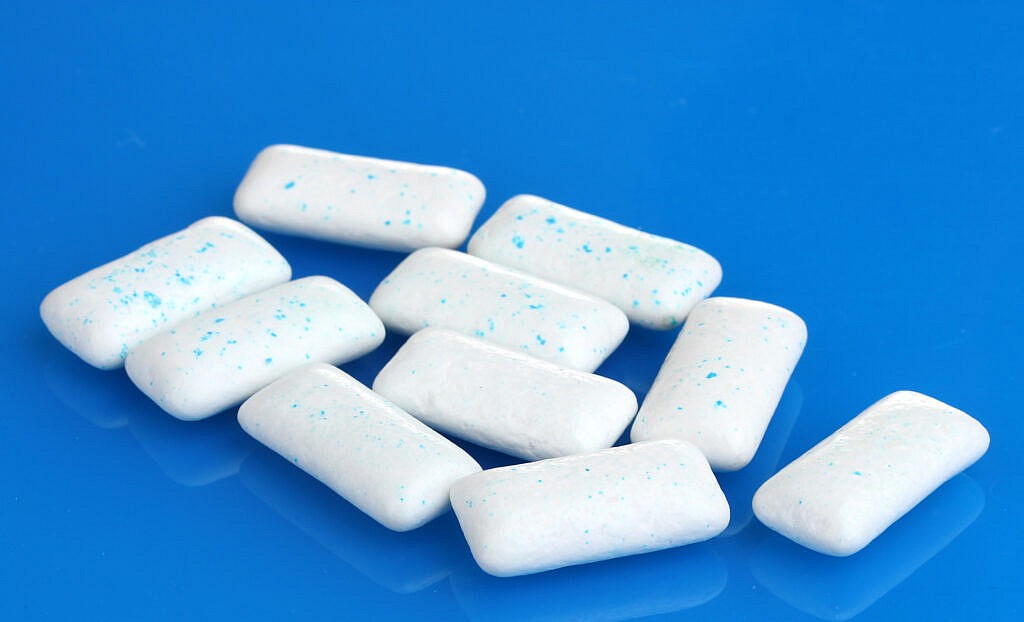
People often think chewing gum as an acceptable substitute for brushing your teeth during the day. It’s a convenient, portable option to freshen your breath when you’re on the go and don’t have the time or supplies for a proper tooth brushing. But do the pros of chewing gum outweigh the cons when it comes to your long-term dental health?
At Park Avenue Dental in Gainesville, FL, we are here to help answer our patient’s questions and help them make the best decisions for their dental health.
Pros of Chewing Gum
There are a few options of chewing gum that are scientifically proven to be good for your teeth. However, chewing gum is not a replacement for proper teeth brushing. According to the ADA, chewing gum is an adjunct to brushing and flossing, but not a substitute for either. There are varieties of chewing gum that have the ADA Seal of Acceptance that have been scientifically shown to benefit your teeth in between tooth brushings.
Some of the most significant pros of chewing gum are:
- Saliva Production – Chewing gum is a natural defense against tooth decay, and when you chew gum, your mouth produces a greater amount of saliva. The increased flow of saliva helps to neutralize and break down the acids created when the food is broken down by the bacteria on the teeth.
- Chewing Sugar-Free Gum – Chewing sugar-free gum sweetened with xylitol has been scientifically proven to benefit your teeth. Xylitol is a neither a sugar or a sugar alcohol and is, in fact, a carbohydrate that closely resembles sugar. Because it isn’t a sugar, it doesn’t bond to your teeth in the same way that sugar does. It’s also been shown to repair damaged enamel.
- Alleviate Bad Breath – One of the best benefits of chewing gum is the temporary relief from bad breath. After a meal of garlic or raw onion, chewing gum definitely helps to reduce the smell of bad breath and provides a minty burst of freshness to cleanse the palate after a meal.
Cons of Chewing Gum
While chewing gum has some benefits, there are some cases in which chewing gum may not be the best for your dental health. Depending on the brand of gum you choose, you may actually be doing more damage to your teeth than you realize.
- TMJ Disorder – If you’re suffering from TMJ disorder, then chewing gum is definitely not a good idea. The act of chewing the gum can irritate or worsen your TMJ symptoms. If you notice increased pain in your jaw or headaches after you chew gum, talk with your dentist to discuss other options for keeping your teeth clean between brushing that don’t worsen your TMJ symptoms.
- Chewing Gum with Sugar – You need to be careful about the brand of chewing gum you choose. If the gum you have isn’t sugar-free, you are introducing your mouth to prolonged exposure to sugar. Sugar causes tooth decay which causes cavities. If you are experiencing pain in your teeth that make it painful to chew, contact your dentist immediately as you may be in need of root canal therapy.
Contact Park Avenue Dental
If you’re not sure if the chewing gum you’re using is the best for your teeth, we can help. Contact our office to schedule an appointment with us, or we can help answer your questions over the phone. We are committed to providing you and your family with dental advice to improve overall oral health.
